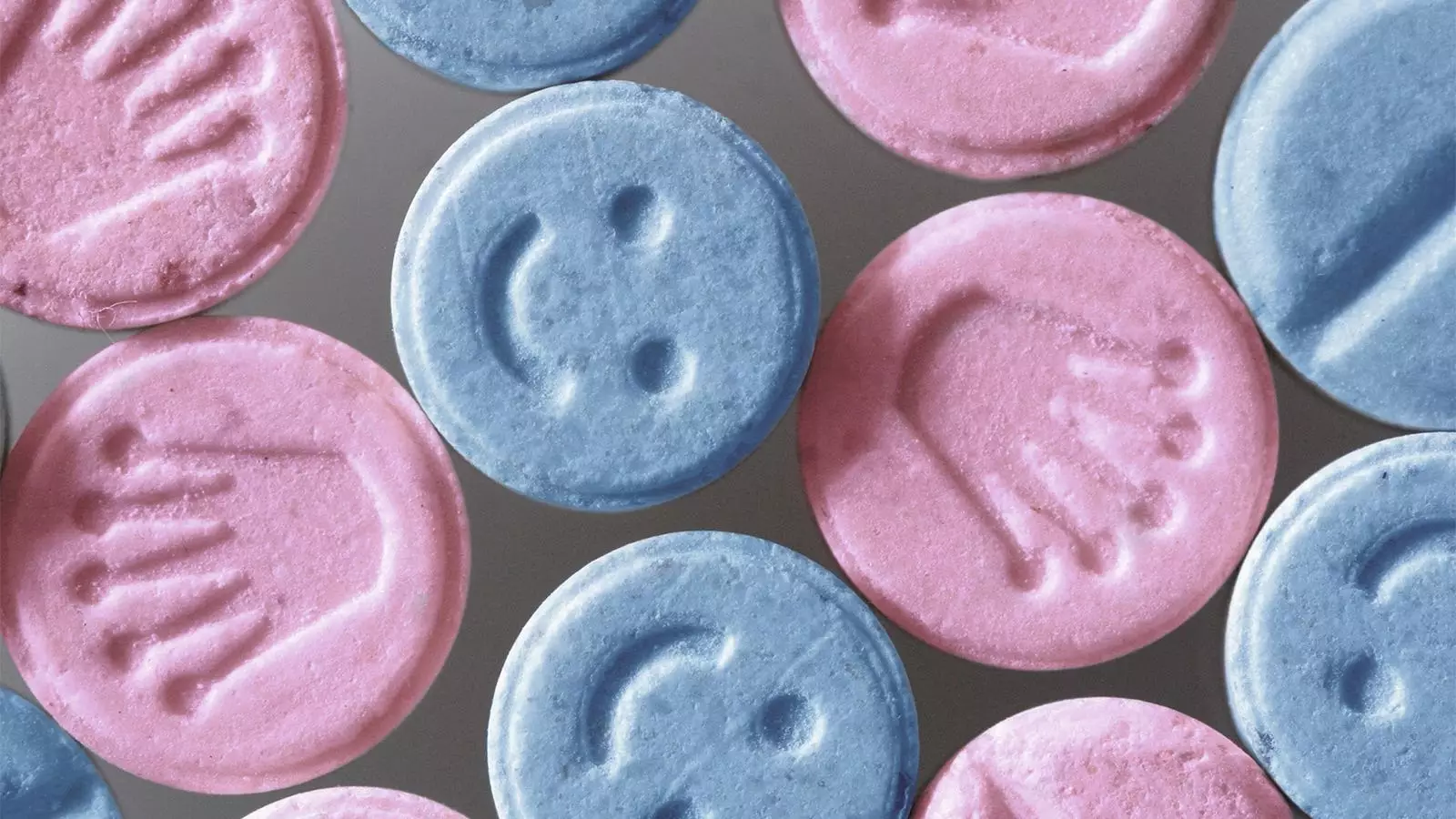A groundbreaking phase III randomized trial, known as MAPP2, has revealed that MDMA-assisted psychotherapy is a safe and effective treatment for patients suffering from post-traumatic stress disorder (PTSD). Led by Jennifer M. Mitchell, PhD, from the University of California San Francisco, the study showcased significant improvement in both symptom severity and functional impairment in patients who received MDMA-assisted therapy compared to those who received a placebo with therapy. The findings, published in Nature Medicine, suggest that this innovative approach to treating PTSD could potentially transform standard practices in the field.
The trial utilized the Clinician-Administered PTSD Scale for DSM-5 (CAPS-5) to assess the severity of PTSD symptoms. Patients who underwent MDMA-assisted psychotherapy demonstrated a remarkable improvement in their symptoms compared to those who received the placebo with therapy. The study emphasized the importance of its diverse patient population—a distinguishing feature that sets it apart from previous trials. Unlike earlier research, this trial successfully included patients from all backgrounds, providing a more representative sample of the general population dealing with PTSD.
In the past, marginalized groups have often been excluded from trials due to logistical constraints, such as lack of transportation or childcare resources. This limitation resulted in a less diverse and predominantly affluent group of participants. However, the MAPP2 trial was able to overcome these barriers, offering access to a more varied and inclusive range of patients. Mitchell underscored the significance of these results, stating that they should provide a more accurate representation of the effects seen in the general population, thus reinforcing the potential of MDMA-assisted therapy upon FDA approval.
Unlike the two FDA-approved compounds currently available for PTSD treatment, which primarily alleviate depressive symptoms, MDMA-assisted therapy targets the underlying cause of the disorder itself. Selective serotonin reuptake inhibitors (SSRIs) only mitigate the signs and symptoms of depression but do not directly address PTSD. In contrast, the results of the MAPP2 trial suggest that MDMA-assisted therapy has the potential to address the root cause of PTSD. This groundbreaking approach represents a significant step forward in the treatment of a disorder that currently lacks targeted pharmacological solutions.
In 2017, the FDA granted MDMA-assisted therapy a Breakthrough Therapy Designation when used in conjunction with psychotherapy for the treatment of PTSD. The conclusions drawn from the MAPP2 trial should serve as a foundation for submitting a new drug application for MDMA-assisted therapy. Furthermore, the results of this study signify the immense potential that MDMA and psychedelics hold in not only treating PTSD and depression but also other mental health disorders. Future research will aim to evaluate the therapeutic efficacy of psychedelics across various psychiatric conditions.
One crucial aspect that remains to be explored is the durability of the effects observed in patients treated with MDMA-assisted therapy. While the trial revealed significant short-term improvements, the long-term sustainability of these effects requires further investigation. Researchers and clinicians alike are hopeful that MDMA and psychedelics could revolutionize mental health treatment beyond just PTSD and depression.
The double-blind, confirmatory MAPP2 trial spanned 13 sites and enrolled 104 adults with PTSD, ranging from moderate to severe. An impressive 34% of participants identified as races other than white, with 26.9% identifying as Hispanic or Latino. The study included a higher proportion of individuals assigned female sex at birth in the placebo group (82.4%) compared to the MDMA-assisted group (60.4%). The mean duration of PTSD among patients was 16.2 years, and the baseline CAPS-5 scores were similar for both the MDMA-assisted and placebo groups.
Throughout the trial, therapy sessions were conducted by trained personnel following the MAPS MDMA-assisted treatment manual and trial protocol. Seven participants experienced severe treatment-emergent adverse events (TEAEs), with five occurring in the MDMA-assisted therapy group and two in the placebo group. However, no deaths or serious TEAEs were reported, further emphasizing the safety profile of MDMA-assisted therapy.
The MAPP2 trial provides compelling evidence for the efficacy of MDMA-assisted psychotherapy in alleviating PTSD symptoms. By significantly reducing symptom severity and functional impairment, MDMA-assisted therapy offers a novel approach that goes beyond addressing the symptoms of depression associated with PTSD. The study’s diverse patient population contributes to its significance, opening doors for greater inclusivity in PTSD research. While further investigation is required to determine the long-term effects of this treatment, the results of the MAPP2 trial offer hope for a future where MDMA-assisted therapy becomes a mainstream treatment for PTSD and potentially other mental health disorders.


Leave a Reply